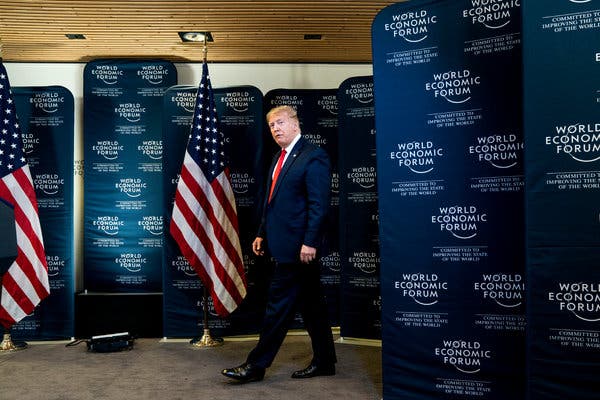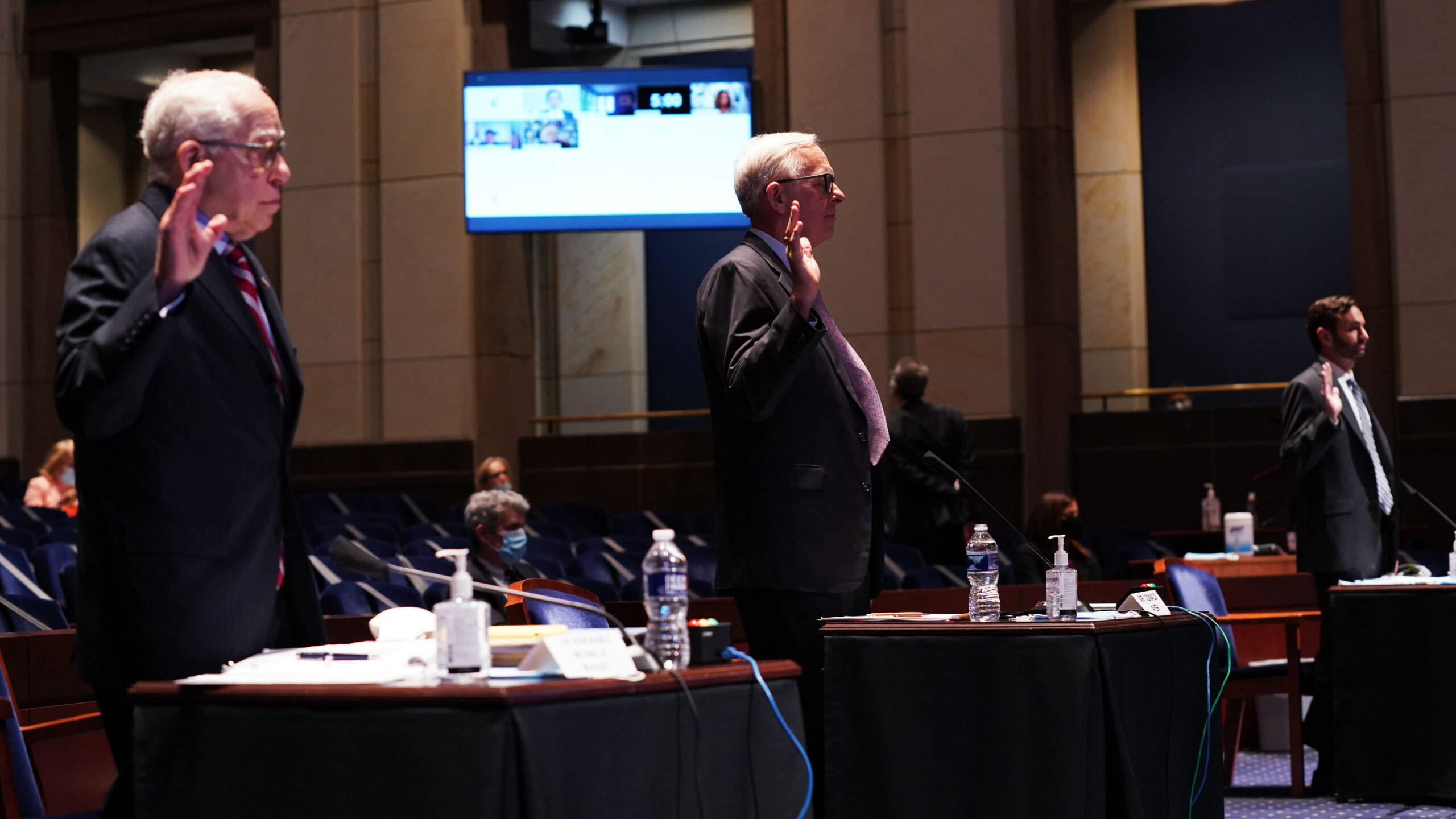In a 35-page opinion, the US Second Circuit Court of Appeals broadly rejected the President’s arguments that the state grand jury subpoena to his long-time accounting firm for his financial and tax records was overly broad and issued in bad faith.
“There is nothing to suggest that these are anything but run-of-the-mill documents typically relevant to a grand jury investigation into possible financial or corporate misconduct,” the judges ruled.
“We have considered all of the President’s remaining contentions on appeal and have found in them no basis for reversal,” the ruling said. The panel of three judges dismissed the president’s lawsuit with prejudice, which means he cannot revive it on these grounds.
The tax returns and other financial records will not immediately be turned over to prosecutors. The appeals court stayed the enforcement of the subpoena based on a joint agreement between the Manhattan district attorney and the President’s legal team. Under that arrangement, there is a 12-day briefing schedule for Trump to ask the Supreme Court to stay the ruling enforcing the subpoena. The timetable suggests it is unlikely that the district attorney will obtain the records before the presidential election.
Jay Sekulow, a lawyer for the President, said Wednesday that they would ask the Supreme Court to stay the ruling. A spokesman for Manhattan District Attorney Cyrus Vance declined to comment. A representative for the Justice Department said it is reviewing the ruling.
The lawsuit was the latest attempt by the President to try to block the subpoena to Mazars USA following a Supreme Court ruling this summer that said the President did not have broad immunity from a state grand jury subpoena. Following that ruling, the President’s lawyers amended their lawsuit against the district attorney alleging the subpoena was too broad and issued in bad faith in an effort to harass the president. US District Court Judge Victor Marrero rejected those arguments last month and Trump’s attorneys appealed.
Trump’s lawyers argued the district attorney’s investigation was limited to hush-money payments Michael Cohen made to cover up Trump’s alleged affairs and that the subpoena, which seeks personal and business records dating back to January 2011, was too broad. Trump’s attorneys argued the district attorney’s investigation was limited based on an earlier subpoena it sent to the Trump Organization that only referenced the hush money payments.
The appeals court rejected Trump’s argument saying it was “nothing more than implausible speculation.”
“It is far from reasonable to infer that a single subpoena would define the entire scope of a grand jury’s investigation, particularly in complex financial investigations,” the judges wrote.
In court filings, the district attorney’s office said the investigation was much broader than those payments and suggested it could encompass tax fraud, bank fraud and insurance fraud.
In anticipation that the appeals court would reject the President’s legal arguments, lawyers for both sides agreed to hold off on enforcing the subpoena to allow the President’s lawyers to ask the Supreme Court to “stay” the ruling.
Under the agreement, which the appeals court endorsed, the President’s lawyers have five calendar days to file a motion with the Supreme Court seeking a stay of subpoena. The district attorney would have five days to file a reply brief and the President’s lawyers would have two days to respond.
Five Supreme Court Justices are required to agree to grant a stay. The court currently has eight members following the death of Justice Ruth Bader Ginsburg. Republicans in Congress are pushing to confirm Trump’s nominee Amy Coney Barrett to fill the seat in the next few weeks.
If the Supreme Court doesn’t grant the stay it is possible Trump’s lawyers would still ask the court to hear the case on the merits, but at that point the subpoena would be enforced and the documents turned over to investigators. If the court grants the stay then the legal battle over the subpoena would continue beyond the election.



